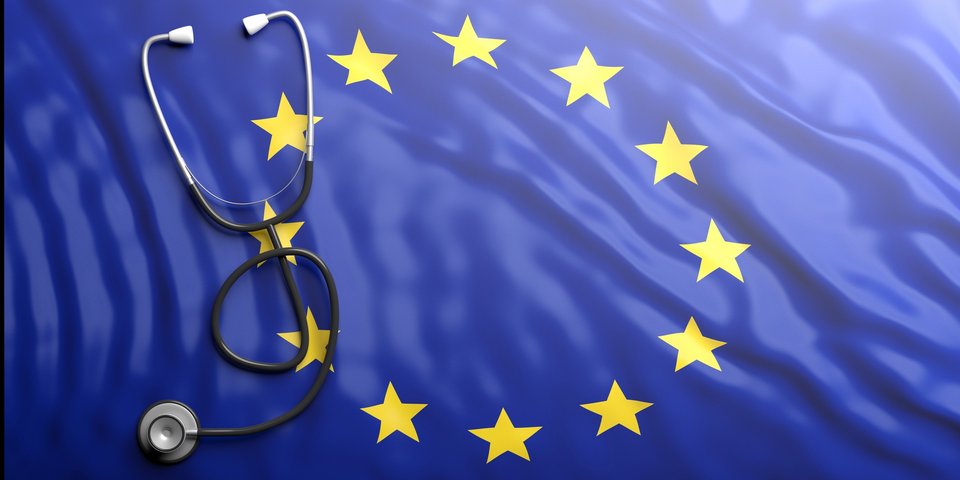 ©Rawf8 - stock.adobe.com
©Rawf8 - stock.adobe.comEuropean Parliament calls for dental amalgam ban from 2025
MEPs lay down their negotiating mandate.
CC – 01/2024
On 14 July, the European Commission formulated
its plan to ban the use of dental amalgam in the EU from 2025 through its
proposed regulation to revise the EU Mercury Regulation. The European
Parliament is not deviating from this
requirement, and officially adopted its position on the planned EU mercury ban on 17 January. MEPs adopted the report by
rapporteur Marlene Mortler (EPP, DE) by a large majority: 550 votes in favour,
14 against and 64 abstentions.
The question of timing
Political differences over the timing of
the ban on the use, manufacture and export of dental amalgam also persisted in
the plenary vote. The conservative EPP attempted to push through a ban on
dental amalgam from 31.12.2026 with two amendments in the plenary meeting.
However, the parliamentary group did not achieve a majority for this
requirement. It was also unable to push through a subsequent ban in the
Committee on the Environment, Public Health and Food Safety (ENVI). MEPs are
therefore in favour of a ban on dental amalgam from 1.1.2025 onwards. There is not much
time left. In the Council, the dossier will be dealt with by the Council's
environment working group. A compromise text was presented there on 18 January.
DSV calls for smooth implementation by 2030
The German Social Insurance (DSV) had
positioned itself with an opinion on the revision of the EU Mercury Regulation.
In principle, DSV welcomes the aim of improving environmental and health
protection. DSV believes that the timetable should be reconsidered, and it
should not take place until 2030 in order to ensure a smooth implementation of
the ban on dental amalgam. Finally, the ban has contractual and supply policy
implications in some Member States. In Germany, it is causing a fundamental
health policy discussion about co-payment-free fillers in healthcare. They are
part of the statutory health insurances’ catalogue of benefits, which needs to
be further maintained.
Background
Dental amalgam - a filling material made
from mercury alloys - is used in dental treatments and constitutes one of the last
remaining forms of mercury usage in the EU. In Germany, around 47 million
dental fillings were billed to the statutory health insurance funds in 2021. Of
these, 1.4 million were amalgam fillings - a share of about 3.2 per cent. The use of dental amalgam is strongly declining throughout the EU, as well
as in Germany. This is mainly due to the implementation of an international
treaty - the Minamata Convention on Mercury. The Minamata Convention entered into force on
16 August 2017 and has so far been ratified by the EU and 143 countries,
including all EU Member States. It has been implemented through the Mercury
Regulation (EU) 2017/852 since 1 January 2018. Since then, dental amalgam has
been banned in the EU for deciduous teeth, children under 15 years of age and
pregnant and breastfeeding patients.
